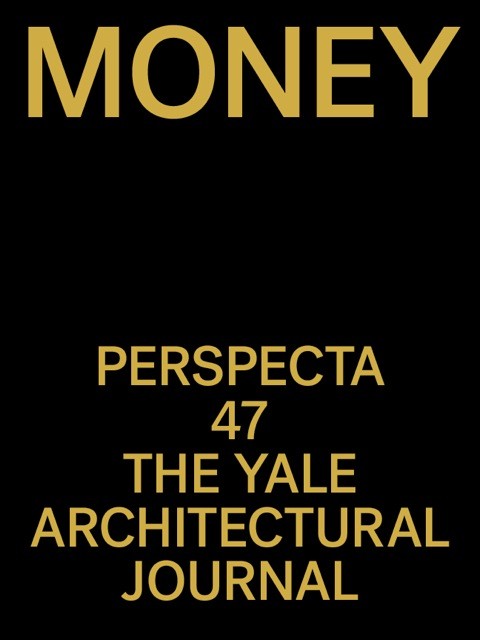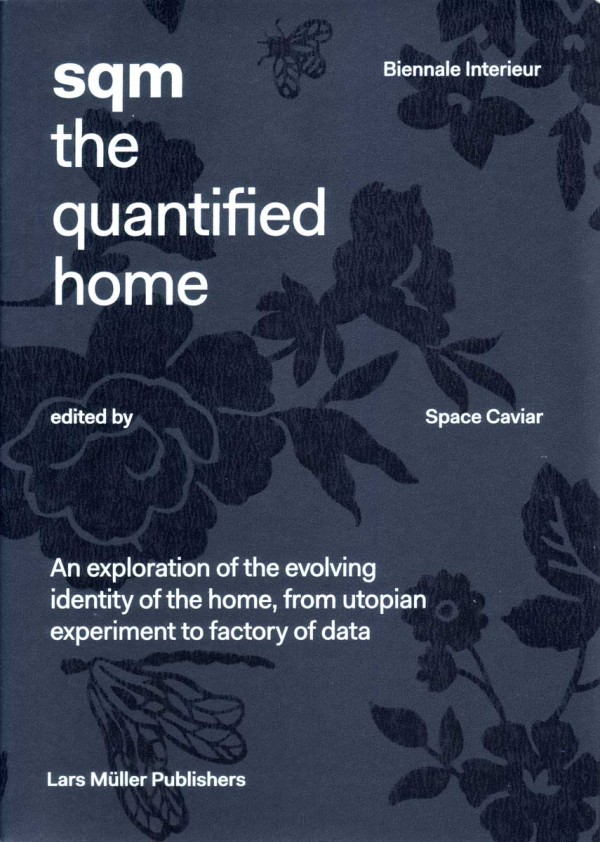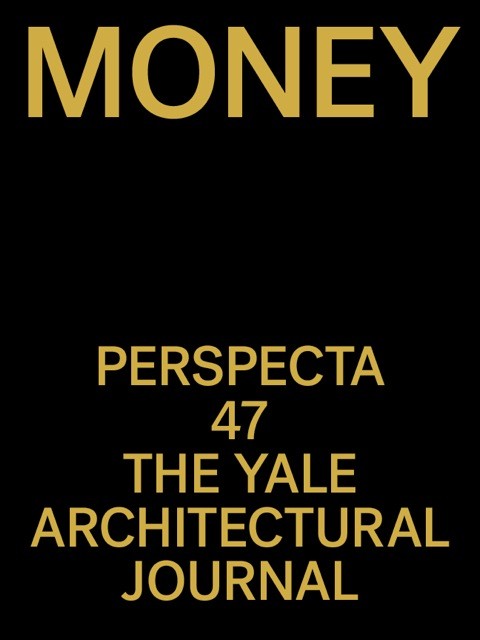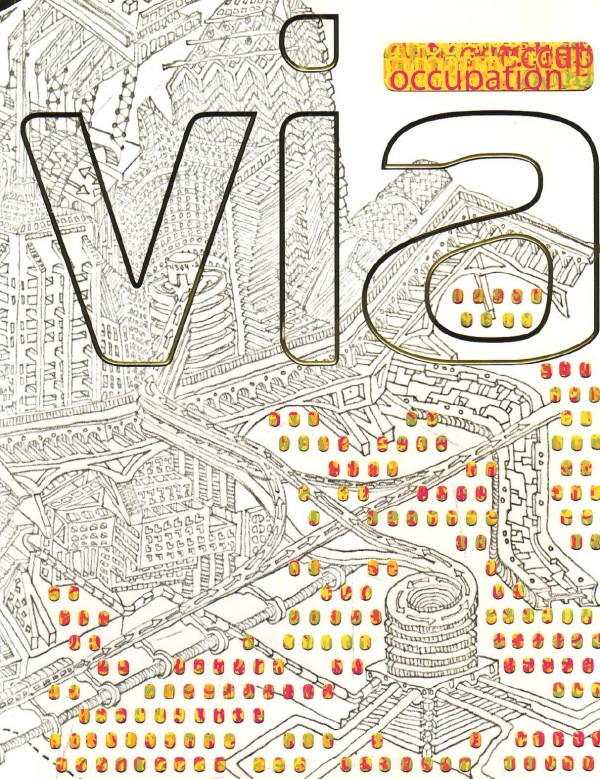Launch
James Andrachuk, Avi Forman, Christos Bolos, Marcus Hooks, eds., Perspecta 47: Money (Cambridge: MIT Press) — 2014
Architecture’s relationship to money is symptomatic. The discipline seems not to know how to independently capitalize projects or garner those resources necessary to be a leader in any powerful platform or market, be it social, political or commercial. In this way, architecture is distinct among the intellectual and professional endeavors to which it is usually compared. Architects primarily offer a service to moneyed players and to the powers that be. To avoid the taint of this subservient position, the discipline creates a narrative of artistic autonomy, but one ironically overlaid with internal hierarchies and ateliers to which the youngest architects are beholden. Even the most powerful and influential player in this hierarchy, the star architect, like a Hollywood star, is still a contract player.
Meanwhile, some of the most significant changes in the globalizing world are being written in the language of architecture and urbanism. Space is a potentially powerful instrument of ingenuity and problem solving in the world. Yet architects are rarely asked to lead in decision-making processes of any consequence outside of their client relationships. The discipline does not encourage an entrepreneurialism that would address the unfortunate and unnecessary fact that it is decoupled from its own relevance in the world.





